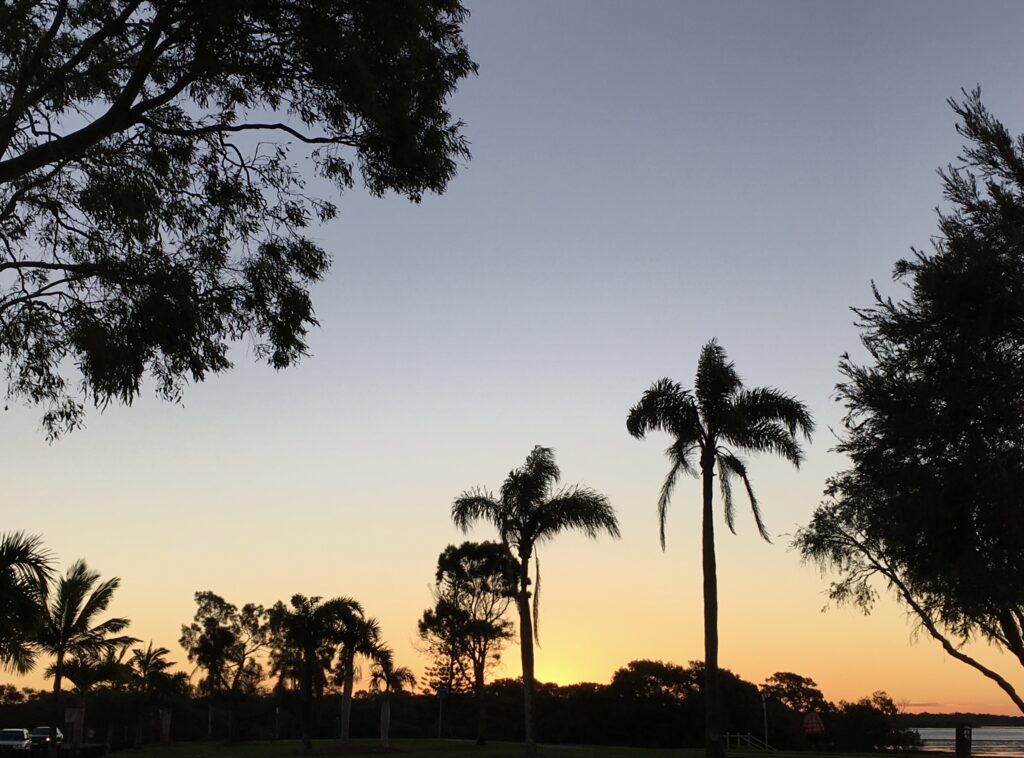Preparing for Dying: Overview
(1) Accept the reality of death.
· Death is inevitable and certain – there is no way to avoid dying or to escape from death when it is time for us to die.
· Every person – sooner or later, young or old – will die, no matter who they are, rich or poor.
· Our bodies are fragile – there are many ways in which death can unexpectedly occur.
· “Death is real, it comes without warning and it cannot be escaped.”1
(2) Realise there is continuity of consciousness after this life.
· Compelling evidence of life after death exists from spiritual traditions across all cultures and times – in other words, the end of life is not the end.
· Our body is only the shell of the spirit that lives within it – at death,
that spirit leaves and experiences another life and another world.2
· Yet the essence of people’s being remains within our hearts –
it is in our hearts that we come to know this, the profoundest of mysteries.3
· Our connection with each other does not die when our bodies die – the connection that we feel and know in our hearts, is not of the nature of what dies.4
(3) Reflect on the reality of an afterlife realm.
· “When you read the lives of the greatest practitioners, those who have succeeded in Awakening, it is clear that they reflected deeply on death, and that was what motivated them and enabled them successfully to traverse the path to Awakening.”5
· “This reflection [on death] provides both the vision and the impetus to overcome all difficulties, and to regard any difficulty on the path as nothing compared with the pain of remaining trapped in the unawakened state of samsara.”6
· “At death, it is certain we will be cut off from all we cling to in this life, but there is no evidence to suggest awareness itself will die.”7
· “The more we look at the nature of awareness, the more we realize it is not of the nature of something that dies – this realization, combined with the recognition that death severs us from all we cling to in life, makes reflection on death our dearest friend. It is the friend that drives us into the arms of our own salvation.”8
(4) Bring resolution and healing to the present life.
· Seek to heal unfinished business and suffering in your life here and now.
· Nurture a deep sense of appreciation and gratitude for all of your life.
· Accept whatever has transpired in life and befriend it all – reflect on the transformative lessons learned.
· Seek to gain new spiritual insights for the purpose of your life as you look back on life.
(5) Take time now to deal with practical preparations.
· Realise that it is kind and respectful to people we leave behind to have all our affairs in order.
· Formulate explicit end-of-life instructions, especially your will and funeral preparations.
· Write any final letters of reconciliation and gratitude you feel inspired to do for family members, relatives, and friends – especially those you love or who have cared for you.
· Experience peace of mind, knowing that you have planned for your financial and health matters to be taken care of, as well as your physical possessions – in the ways you have desired.
(6) Support others in their end-of-life journey.
· Be ready to support others as they reach the end of their life and are soon to face their death – being aware of the grief process of denial, anger, bargaining, depression, and acceptance.
· Learn, if possible, the skills of whole body listening, the art of compassionate care, and spiritual companionship.
· Gain the skills, if possible, to help those in distressing circumstances – such as accidents and environmental disasters – to experience a peaceful physical departure.
· Be able to bring peace to others on their end-of-life journey – in order to help them pass on peacefully and gracefully.
(7) Meditate on the end of life — setting aside time for silence, stillness and solitude.
· Recognise how easy it is to devote all our energies to physical activities – and get caught up in the busyness of life.
· Ensure that you take time each day for a period of meditation.
· Plan time for retreats into your yearly calendar – such as for whole days, weekends, a week, or even longer – understanding the benefits of retreat and how to practice in retreat.
· Recognize that “reflection on death is always a good way to get perspective on the preciousness of life.”9
(8) Engage in a daily spiritual practice to keep focused.
· Remember that life consists of far more than material, mundane pursuits.
· Realise that our homes, friends, comforts, and wealth in life will all be left behind at death.
· Sever, therefore, your attachments and as a priority in life strive to attain enlightenment.
· Nurture the spiritual dimension of your life through such daily activities as spiritual reading, meditation, and prayer.
References:
1. Leonard Cohen in a YouTube presentation on the Tibetan Book of the Dead.
2-9. Hookham, Lama Shenpen. There’s More to Dying Than Death: A Buddhist Perspective. Cambridge, UK: Windhorse Publications, 2006.
Copyright 2022 Alexander Peck

Preparing for Dying — Key Points
* Reality of death
* Continuity of consciousness
* Reality of an afterlife realm
* Resolution and healing in this life
* Practical preparations now
* Supporting others in their end-of-life journey
* Setting aside time for silence and solitude
* Engaging in a daily spiritual practice
(Alexander Peck)
